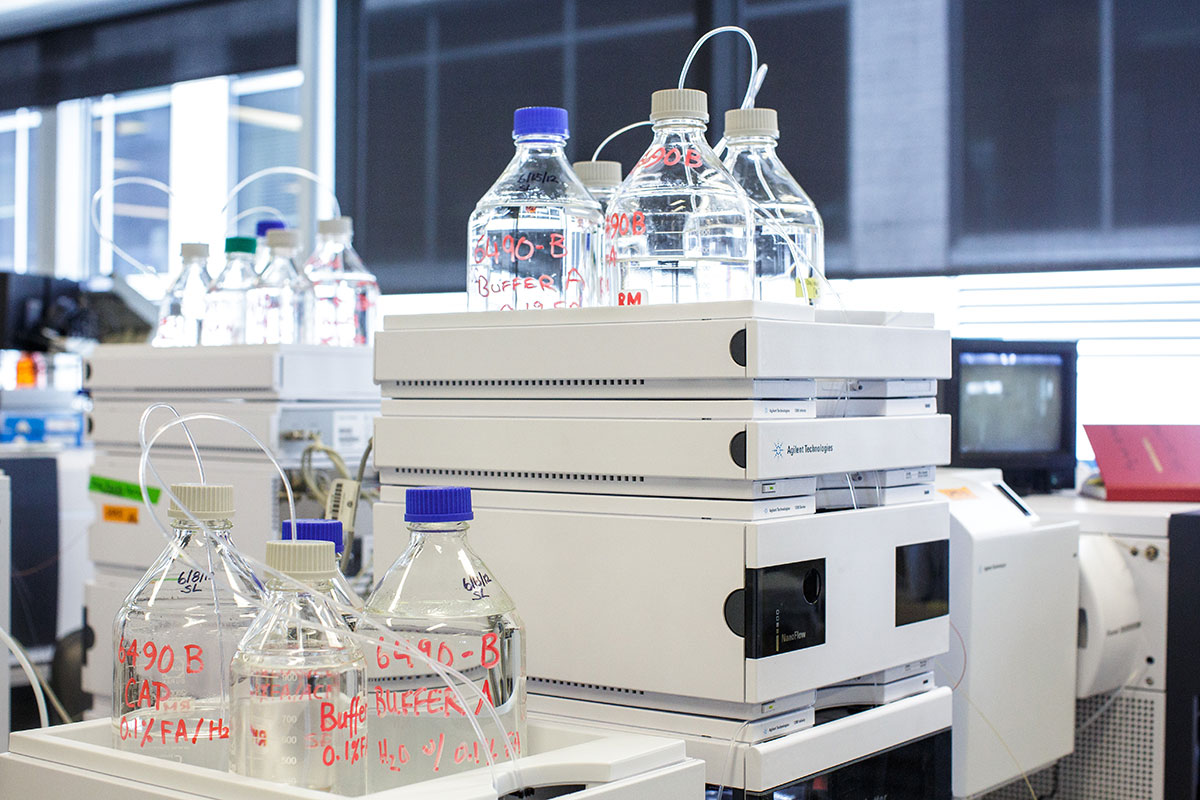‘A Better Blood Test for Liver Damage’
 isbscience.org/news/2016/10/26/better-blood-test-liver-damage/
isbscience.org/news/2016/10/26/better-blood-test-liver-damage/
Chemical & Engineering News highlighted ISB’s recent publication (Identifying Organ-Specific Blood Biomarkers for Acute Liver Injury) in the Journal of Proteome Research.
“For many years, clinicians have relied on assays for two enzymes, alanine aminotransferase (ALT) and aspartate aminotransferase (AST), to detect liver injury. These biomarkers have limitations, says Leroy Hood of the Institute for Systems Biology, such as a short half-life and a tendency to underreport damage in certain individuals. Hood has been thinking about how to find better disease biomarkers for many years. ‘I had this idea that if we could identify organ-enriched proteins that actually appear in the blood, they would be fantastic biomarkers of disease in an organ.’ ” – C & En





